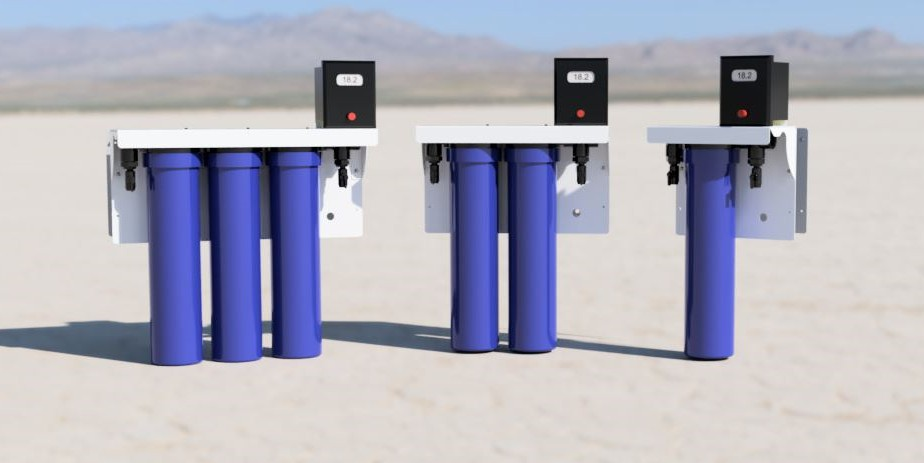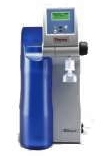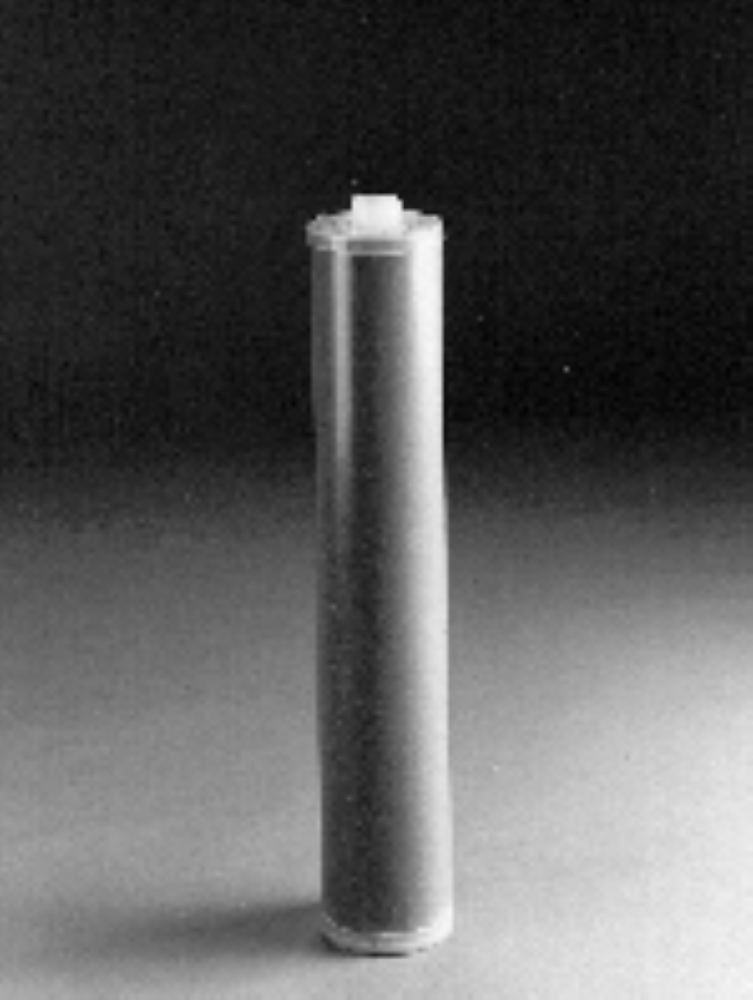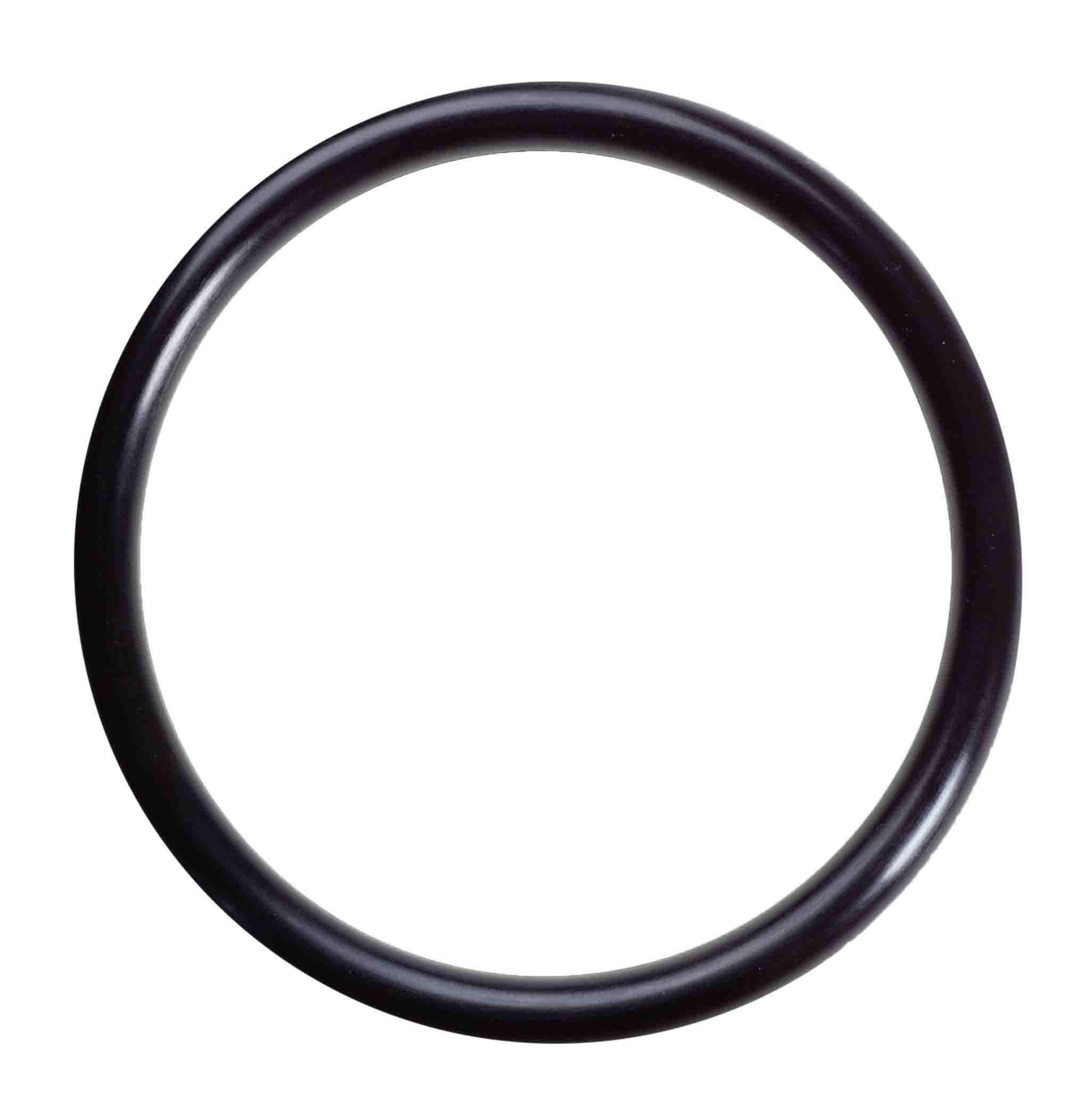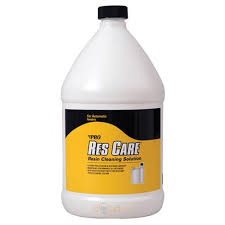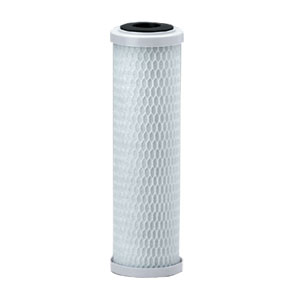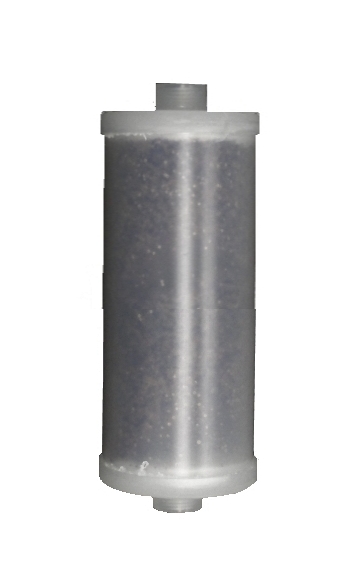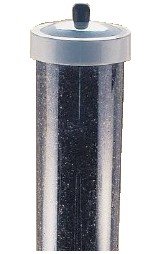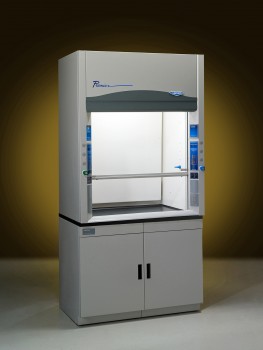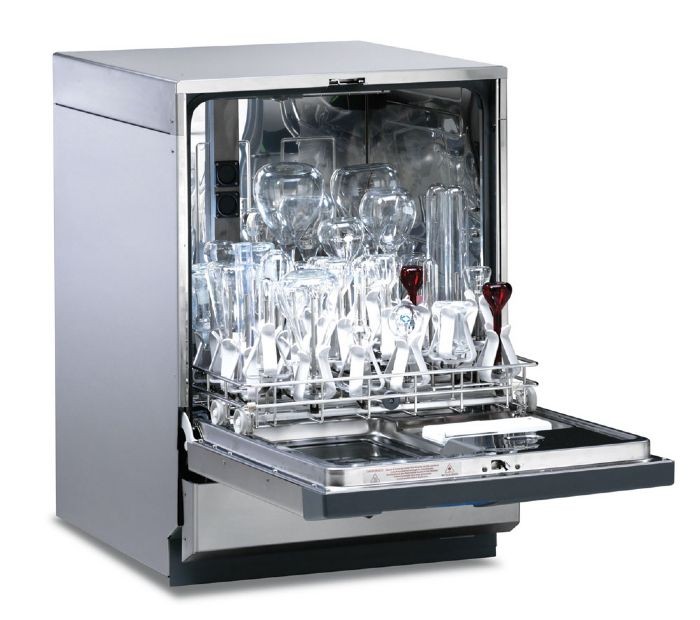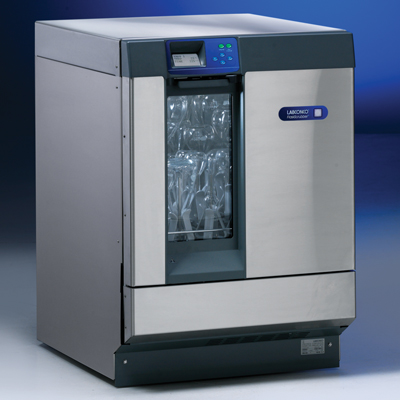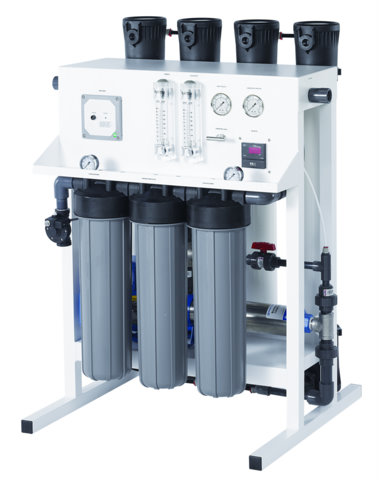How to prove a product is not a hoax Clinical Studies Double Blind Studies
All drugs must be proven SAFE and EFFECTIVE.
Food and Supplement Products only need to prove they are SAFE.
Most hoax products are food and supplement products and are never proven to be effective.
In order to be sure a product is safe and effective, it MUST go through clinical studies.
All drugs go through this process.
Products that are dietary supplements do not go through the clinical study process and do not even have to prove they are effective, they just can not be unsafe. This is where most hoax products reside because they escape the need to prove they actually work.
It is easy for someone to make a claim about a product without any proof. We see this in many products from male enhancement products, Alkaline or Kangen Water or most supplements being sold today. There have always been hoax products on the market. With a little investigation, you can find out which ones have been proven. You should disregard any unproven claims a "sales person" is making. They are just trying to get your money. Products that are effective always hold up to scrutiny.
FDA regulates dietary supplements under a different set of regulations than those covering "conventional" foods and drug products (prescription and Over-the-Counter). Under the Dietary Supplement Health and Education Act of 1994 (DSHEA), the dietary supplement manufacturer is responsible for ensuring that a dietary supplement is safe before it is marketed. FDA is responsible for taking action against any unsafe dietary supplement product after it reaches the market. Generally, manufacturers do not need to register their products with FDA nor get FDA approval before producing or selling dietary supplements.
*Manufacturers must make sure that product label information is truthful and not misleading.
FDA's post-marketing responsibilities include monitoring safety, e.g. voluntary dietary supplement adverse event reporting, and product information, such as labeling, claims, package inserts, and accompanying literature. The Federal Trade Commission regulates dietary supplement advertising.
*Domestic and foreign facilities that manufacture/process, pack, or hold food for human or animal consumption in the United States are required to register their facility with the FDA. For more information, see Registration of Food Facilities.
What are clinical studies?
Clinical studies are research studies in which real people participate as volunteers. Clinical research studies (sometimes called trials or protocols) are a means of developing new treatments and medications for diseases and conditions. There are strict rules for clinical trials, which are monitored by the National Institutes of Health and the U.S. Food and Drug Administration. Some of the research studies at the Clinical Center involve promising new treatments that may directly benefit patients.
What is a "healthy volunteer"?
A volunteer subject with no known significant health problems who participates in research to test a new drug, device, or intervention is known as a "healthy volunteer" or "Clinical Research Volunteer." The clinical research volunteer may be a member of the community, an NIH investigator or other employee, or family members of a patient volunteer. Research procedures with these volunteers are designed to develop new knowledge, not to provide direct benefit to study participants. Clinical research volunteers have always played a vital role in medical research. We need to study healthy volunteers for several reasons: When developing a new technique such as a blood test or imaging device, we need clinical research volunteers to help us define the limits of "normal." These volunteers are recruited to serve as controls for patient groups. They are often matched to patients on such characteristics as age, gender, or family relationship. They are then given the same test, procedure, or drug the patient group receives. Investigators learn about the disease process by comparing the patient group to the clinical research volunteers.
What are Phase I, Phase II and Phase III studies?
The phase 1 study is used to learn the "maximum tolerated dose" of a drug that does not produce unacceptable side effects. Patient volunteers are followed primarily for side effects, and not for how the drug affects their disease.
The first few volunteer subjects receive low doses of the trial drug to see how the drug is tolerated and to learn how it acts in the body. The next group of volunteer subjects receives larger amounts. Phase 1 studies typically offer little or no benefit to the volunteer subjects.
The phase 2 study involves a drug whose dose and side effects are well known. Many more volunteer subjects are tested, to define side effects, learn how it is used in the body, and learn how it helps the condition under study. Some volunteer subjects may benefit from a phase 2 study.
The phase 3 study compares the new drug against a commonly used drug. Some volunteer subjects will be given the new drug and some the commonly used drug. The trial is designed to find where the new drug fits in managing a particular condition. Determining the true benefit of a drug in a clinical trial is difficult. Determining the true benefit of a drug in a clinical trial is difficult.
What is a placebo?
Placebos are harmless, inactive substances made to look like the real medicine used in the clinical trial. Placebos allow the investigators to learn whether the medicine being given works better or no better than ordinary treatment. In many studies, there are successive time periods, with either the placebo or the real medicine. In order not to introduce bias, the patient, and sometimes the staff, are not told when or what the changes are. If a placebo is part of a study, you will always be informed in the consent form given to you before you agree to take part in the study. When you read the consent form, be sure that you understand what research approach is being used in the study you are entering.
What is the placebo effect?
Medical research is dogged by the placebo effect - the real or apparent improvement in a patient's condition due to wishful thinking by the investigator or the patient. Medical techniques use three ways to rid clinical trials of this problem. These methods have helped discredit some previously accepted treatments and validate new ones. Methods used are the following: randomization, single-blind or double-blind studies, and the use of a placebo.
What is randomization?
Randomization is when two or more alternative treatments are selected by chance, not by choice. The treatment chosen is given with the highest level of professional care and expertise, and the results of each treatment are compared. Analyses are done at intervals during a trial, which may last years. As soon as one treatment is found to be definitely superior, the trial is stopped. In this way, the fewest number of patients receive the less beneficial treatment.
What are single-blind and double-blind studies?
In single- or double-blind studies, the participants don't know which medicine is being used, and they can describe what happens without bias. Blind studies are designed to prevent anyone (doctors, nurses, or patients) from influencing the results. This allows scientifically accurate conclusions. In SINGLE-BLIND ("single-masked") studies, only the patient is not told what is being given. In a DOUBLE-BLIND study, only the pharmacist knows; the doctors, nurses, patients, and other health care staff are not informed. If medically necessary, however, it is always possible to find out what the patient is taking.
Conclusion,
If someone makes a medical claim, the first thing any of us should ask is "Has it been through clinical studies?". If the answer is no, then it is impossible for anyone to make a valid claim and if they try, they are usually trying to sell you a hoax. Due to the large population in the world and the amount of money to be made through proven treatment, you can be sure that anything with a valid medical claim would be studied, packaged and sold accordingly.
Don’t be fooled by claims, they are far to easy to make. Be an intelligent buyer. Insist on seeing the clinical data and don’t believe any medical claim that is not backed up by a Phase I, II and III study.
http://www.aquatechnology.net/alkalinefraud.html
Usage Map
|
Images are representative of the products. Images may or may not be of the actual product. If it is important e-mail us for an actual image if available.
* Flat Rate UPS shipping when able to ship via UPS and is in the USA excluding Hawaii and Alaska.
Larger Items may not be able to ship via UPS, in that case freight charges will be quoted seperately.
International shipping will be quoted after the order is placed. You will have the opportunity to cancel before we finalize your order.
Terms and conditions
Credit Application
Privacy
Policy
List All Products
|
